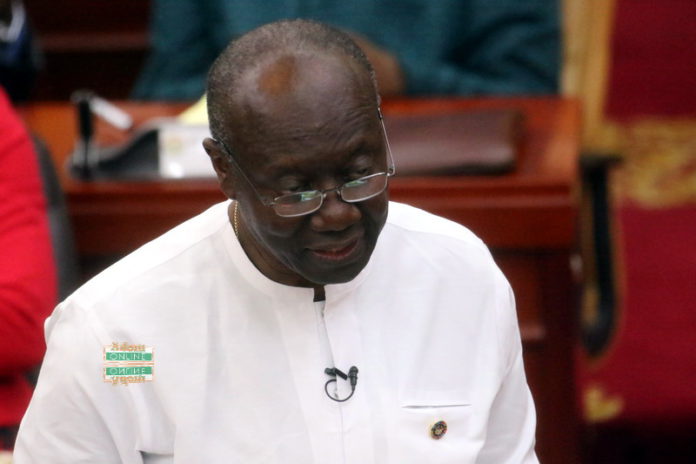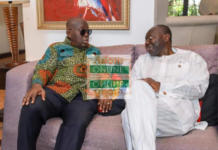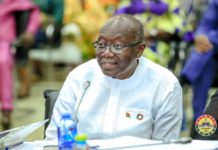
Government plans to issue green and social bonds worth up to $2 billion by November, becoming the first African country to sell loans to fund development programs.
The West African economy, which plans to borrow up to $5 billion on international markets this year, will use the proceeds from these durable bonds to refinance loans used for social and environmental projects and pay for educational or health, Ghana’s Finance Minister Ken Ofori-Atta said in an interview in the capital Accra.
“The bonds are expected to be issued in the fall and can be maxed out at $2 billion,” Ghana said in March, out of the $3.03 billion it already sold for $5 billion, for which it has budget approval, Tori-Atta said. He said of the total, $3.5 billion will be used to refinance debt already raised. “Our actual new debt will be $1.5 billion,” he said.
Ghana will be a leader in social distancing in Africa, capturing a tool that has been booming since the coronavirus pandemic. Even so, only a few sovereigns have sold them so far, including Chile and Ecuador. Despite registering its lowest economic growth rate in 37 years in 2020, the country will use the proceeds to move forward with a free post-secondary-school initiative launched in 2017 among other programmes.
Sustainable bonds “are not cheap, there is no discount,” Tori-Atta said.
“However we would like to negotiate the best terms.”
Africa’s top gold producer, which is targeting a budget gap of 9.5% of GDP this year, expects its output to expand 5% from 0.4% last year, from a decrease of 11.7% in 2020.
It is also working to improve tax revenue collection, which has historically been lower than regional peers.
It is stated by President Nana Akufo-Addo that the tax base had grown more than five-fold to 15.5 million after the government’s April 1 implementation of a system where all national identification numbers serve as tax numbers.
“We really want to be able to use digitization to be able to double our tax revenue to about 28% of GDP, so we can build a more vibrant economy over the next three years,” Tori-Atta said.
Lack of vaccine
He said plans to revive the economy and deepen the state’s purse are in the grip of a new wave of the pandemic.
Tory-Atta said Ghana’s ambition to reach herd immunity by vaccinating 20 million people against COVID-19 has become a challenge mainly because of vaccine nationalization.
“In the Western world, there may be about 68 doses per 100 people while in Ghana there are 2 doses per 100 and this cannot continue.”
Ghana has failed to secure more than 1.3 million free shots of vaccines, mainly received from the World Health Organization-backed Kovax Initiative, with small donations coming from the Indian government and Africa’s largest mobile operator, MTN Group Ltd.
“It has become our Achilles’ heel going forward,” he said.





